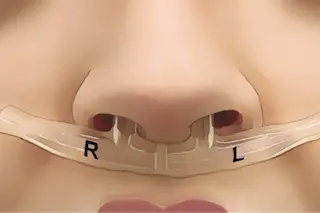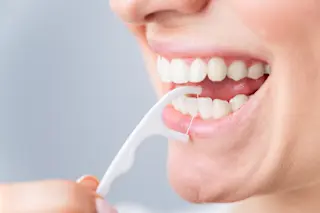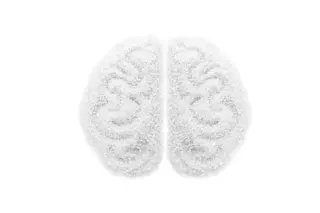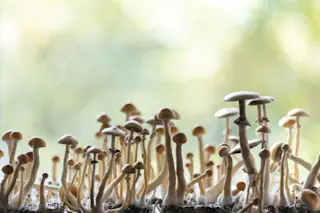For many, stress is an all-too familiar emotion. It can come from daily challenges, like juggling work and child care, or major life events, like getting divorced or losing a loved one. We all experience this stress differently — some people can’t sleep, others stress eat, and still others develop debilitating anxiety.
But our bodies may be responding to stress on a deeper level. Chronic stress and anxiety could disrupt how our cells produce energy, according to a new study published today in the journal PLOS Genetics. This, along with genetic variations, could help explain why our reactions to stressful situations can vary so much, the researchers say.
In addition, the results could help researchers and physicians get to the root cause of anxiety disorders like panic attacks, says Iiris Hovatta, a behavioral geneticist at the University of Helsinki and author of the study.
Hovatta is interested in why some ...














